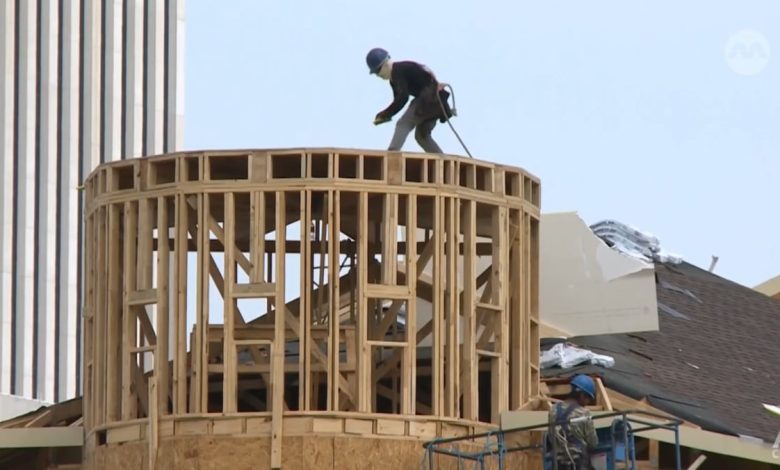‘Treated like tools that are disposable’: Texas law gets rid of mandatory rest breaks for construction workers

LAW LIMITING POWER OF CITIES TO MAKE OWN RULES
To tackle this problem, the liberal Texan cities of Austin and Dallas took matters into their own hands.
In 2010 and 2015 respectively, they passed local ordinances requiring 10-minute rest breaks every four hours so workers can drink water and get out of the sun.
But last year, Texas’ Republicans centralised power and passed a sweeping new law that limits the power of cities to make their own rules.
The unprecedented legislation prohibits cities from enforcing or creating regulations that are stronger than the state’s in broad areas including labour and finance.
Since there are no state statutes on rest breaks, the ones that Austin and Dallas had in place are now void.
WORKERS TREATED LIKE “DISPOSABLE TOOLS”
“What’s really unfortunate about the whole thing is we already live in the most dangerous state for construction workers,” said Jeremy Hendricks of the Laborers’ International Union of North America.
“We have more deaths on the job. We have more injuries on the job.”
According to the United States’ Department of Labor Statistics, at least 42 workers across all sectors in Texas died from heat exposure between 2011 and 2021 – the most of any state.
Labour groups said the figures are likely much higher, as some injuries or deaths are classified under other causes.
“You get dizzy because you get hot, (then) you fall off a ladder, that’s a fall, an accident,” said Hendricks.
“They’re really pushing it under the rug and making sure that folks don’t know how serious that problem out there really is.”
Labour groups have worked for years hoping to improve workers safety.
But with only 4.5 per cent of the Texas workforce unionised, their reach has been limited.
Ana Gonzales, deputy director of policy and politics at state labour federation Texas AFL-CIO, said construction workers in the state are treated badly as a direct result of their immigration status.
Most construction workers in Texas are Hispanic or undocumented.
“We simply see that workers are treated like tools that are disposable,” Gonzales added.





